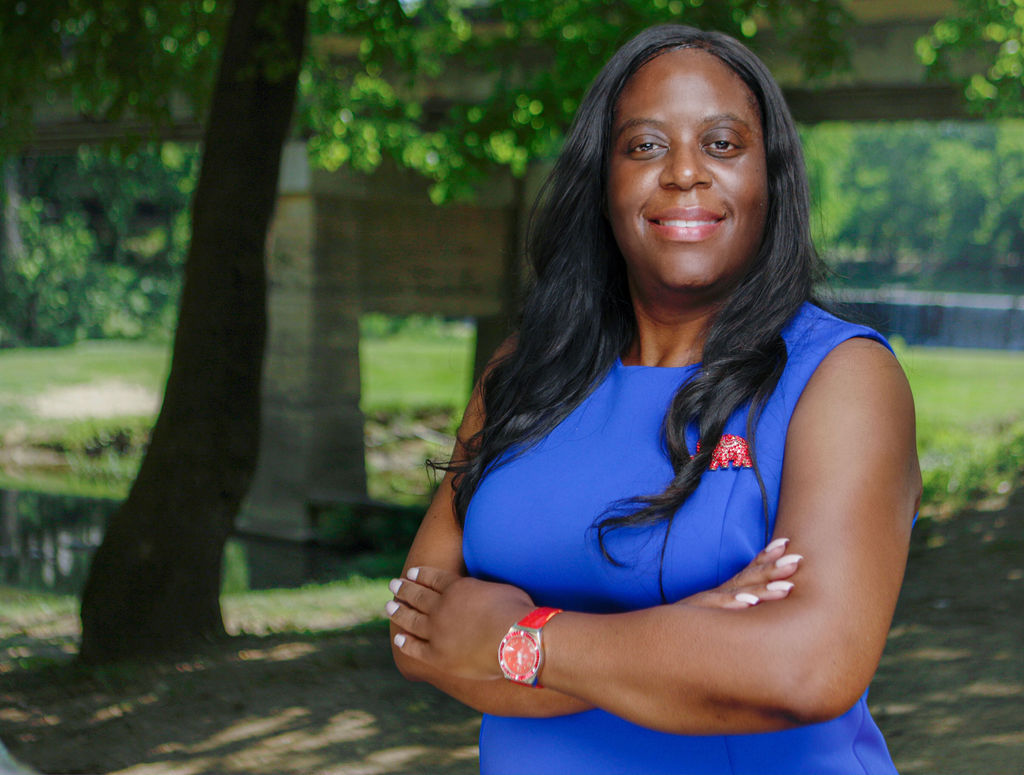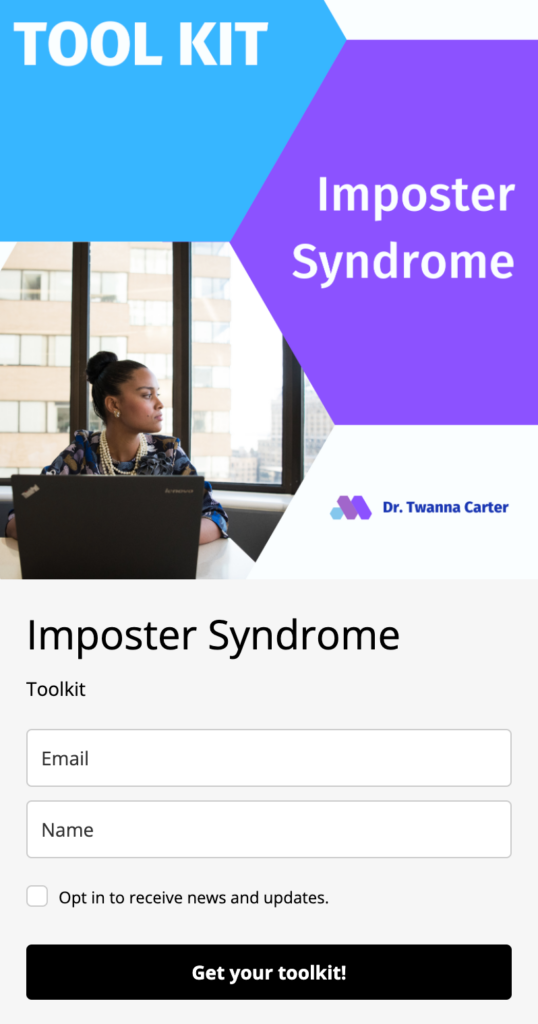May 24, 2020
Anxiety after lockdown is over? Theres a lot about COVID-19 thats anxiety-inducing for a large number of people. Even if they arent typically prone to anxious thoughts.

People are worried about the virus itself and the impact it could have on themselves and their families. Theyre worried about their jobs, and the economic impact. At different times during the crisis, weve even had to worry about running out of eggs, flour, and toilet paper.
Now, were being told that the world is taking supposed-steps towards normalcy, with things reopening. And in spite of this, many people are experiencing new or sudden spikes in anxiety, some even more severe that the anxiety they experienced during the lockdown.
If youre feeling this way, youre definitely far from alone. In this post, were going to discuss why your anxiety is peaking now that lockdown is over and how you can manage anxiety after lockdown.
Why Your Anxiety after Lockdown Might Peak When Shelter-in-Place Orders are Over
There are a number of reasons why you might have sudden increases in your anxiety right now as shelter-in-place orders are ending, even if you werent having the anxiety before.
The Loss of Real or Perceived Control
The first is perhaps the most common. With the world reopening, you may have to return to school, work, or other life activities that were put on pause.
While this is theoretically good (especially for those who have been furloughed or unemployed), its also frightening. When you venture out into the real world, you lose some semblance of control.
The lockdown may have been anxiety-inducing. This may be worse for some.
You aren’t in your home, able to avoid the virus with 100% certainty; instead, you may be forced to sit near coworkers who aren’t taking the virus as seriously as your family, or worry that your child’s schooling will cause a surge of cases in your community that you cant avoid.
Many people who have anxious tendencies love feeling like theyre in control. Quarantining was frustrating, but it granted us the ultimate control. Once thats suddenly ripped away, that can cause increases in anxiety even when were not in the middle of a pandemic.
The Threat No Longer Feels Temporary
We all distinctly remember when shelter in place orders were rolled out in our respective states, wondering what would be next.
No matter how unhappy we all were about the situation, however, it felt temporary. Lockdown cant last forever, after all; its just not possible. The lockdown and the threat from the virus and its economic impact were all lumped together in our minds.
Now, though, we know thats not the case. Everything is reopening, but youre still struggling financially, out a job, or worried about the virus itself, and you arent sure when it will get better.
This causes everything to feel scarier and more permanent, which is enough to make anyone a little anxious right now.
The Fear of What Now? and What If?
Theres no phrase more dangerous left to an anxious persons mind than the phrase what if. It encourages the anxiety to take hold, sometimes even causing catastrophic thinking where we end up imaging the worst case scenarios.
Theres a lot of fear right now because theres so much unknown. Once the world reopens, what next? How bad will it get? When will there be a second wave, and how will it impact me?
What if I get sick? Or my spouse, or my children, or my parents?
Its easy to focus on the terrifying stories of the virus, especially with places like Italy and New York having been hit so hard, but aside from taking smart precautions, worrying and wondering what if wont do any good.
Keep in mind that each three reasons for increased anxiety right now are completely normal, even if you arent typically a worrier. Fortunately, that means there are ways we can manage this stress, keeping ourselves healthier and happier.

Focus on What You Can Control and Try to Dismiss What You Can’t to Manage Anxiety after Lockdown
The loss of perceived control is a recipe for anxious thoughts.
Understanding what you can control and embracing that and letting go of what you cant will do wonders for your health, because it promotes resilience.
You can, for example, wear a mask daily and wash your hands regularly.
You can also support local businesses who prioritize safety, like those that offer contactless delivery or who limit the number of people in their store at any given time.
Unfortunately, we cant control what everyone else is doing. That may mean that people around you arent taking the precautions they should. Thats okay; have a game plan for your household, and reduce your risk. Thats what you can control, and thats what matters most.
Consume News Carefully to Reduce Anxiety After Lockdown
While knowing about active infections in your immediate area can help you assess potential risks, obsessively checking death tolls and projections isn’t helpful and can trap you in an anxiety spiral.
Do what you can to limit social media and news time, keeping it at a minimum. Stay informed, but dont fixate 24/7 about whats happening in the world.
If your anxiety is increasing too much and youre struggling to cope, you can always ask your partner or a loved one that you trust to give you the highlights. This can give you a mental break so you can regroup.
Remember That We Learn More Daily
Right now, theres a lot thats really scary because everything is really new and extremely unknown.
Keep in mind that every day that goes by brings us more information about the virus, including how it impacts us and what treatments can help fight it. Each day, were getting closer to high-quality, high-efficacy treatments and even potential vaccines.
This pandemic wont last forever, even if the virus continues to show up at some point in the future. Were getting closer to better treatments and learning how to reduce spread while also inching towards herd immunity.
Be as Resilient As Possible
We talk a lot about resilience here and why its so important for anxiety.
Careful risk management can help protect you and your family, and may help to curb anxiety symptoms right now as youre struggling with anxiety after shelter-in-place. That being said, this typically wont help much with long-term anxiety, which will just be triggered by something else. You need resilience to help with that.
While we focus more on resilience in my coaching programs, here are a few resilience tips you can start implementing today:
- Think about adaptability. What can you do to adapt to the changing situation to protect your family and be prepared for reopening? What steps do you feel you can take?
- Focus on the positive. You may have a little more downtime at home to work on some projects or get that sourdough starter going. There might be more time to spend with your family, or you might be reconnecting with old friends via zoom.
- Redirect anxious thoughts. Worrying about What if wont do you any good right now. When you start getting anxious, you can set a specific period of time at a certain time of day to walk through anxious thoughts, and then redirect them. Start a task that requires mindfulness, like cooking or gardening, or take the dog on a walk. Read a book or watch a great movie.
Final Thoughts on Anxiety after Lockdown
The world feels a little scary for everyone right now. Thats true whether or not youre worried more about the virus itself than the economic impact (or vice versa). Feeling anxiety after quarantine, especially as youre expected to venture back out into that world, is normal. Fortunately, though, there are so many tips you can take to manage anxiety and your risk all at once.
Remember that anxiety management all comes down to resilience. If you need help finding new ways to move forward and manage your anxiety after lockdown, check out my Ditch Anxiety & Be Resilient course, which is all about using resilience to manage anxiety now and long-term. We address the root cause (not the symptoms), so youll be happier and more adaptable going forward.
My Ditch Anxiety & Be Resilient program is designed to help you learn how to gain the mindset and skills needed to overcome anxiety with successful, long-term management that comes from resilience. Learn more about what we do (and see how to gain support from our community!) here.
ALWAYS RISING ABOVE!
XOXOXO TWANNA

Read these articles next…
- The Complete Guide to Career Transition Coaching for Black Women Leaders
- 17+ Proven Steps for a Smooth Career Change
- Why Career Uncertainty Silently Shrinks Earning Power of Black Women
- Why Black Women Fail at Career Pivots. Barriers and Pathways to Success
- 7 Powerful Strategies to Brand & Thrive After a Layoff

+ show Comments
- Hide Comments
add a comment